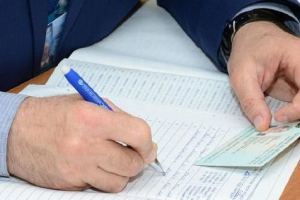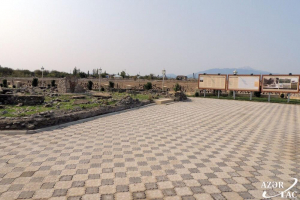


A severe winter in the Calabrian region of Italy destroyed about 80% of etrogs, citrus fruits exported to Israel for use on the Sukkot holiday. In connection with this, it is possible that observant Jews can face a significant deficit of this citrus, which is an integral part of the ritual.
Etrog is one of the "four kinds of plants" that are approved by the Torah for use in special prayers that are part of the service in the synagogue on each of the seven days of the Sukkot holiday, with the exception of the Shabbat.
In the Torah it is said about the commandment in Sukkot to "take" plants of four kinds: "And take to yourself on the first day the fruit of the tree hadar, the palm branches and the branches of the leafy tree, and the willows of the river ..."
Many Jews around the world use etrogs, which are grown in the Italian region of Calabria. But the cold winter of this year in January destroyed 80% of the harvest of etrogs. There is a threat that the Jews will be much harder to observe the commandment in Sukkot this year.
A crisis similar to the current one was prevented in 2011. Then Egypt announced that it would refuse to export "lulav" or palm branches, which are also one of the four necessary species used for the Sukkot holiday. The decision was due to the deterioration of relations between the two countries. Israel withdrew from the provision by granting a license to supply lulavas to Spain, Gaza and Jordan, and the Ministry of Agriculture urged local producers to increase their harvests.














